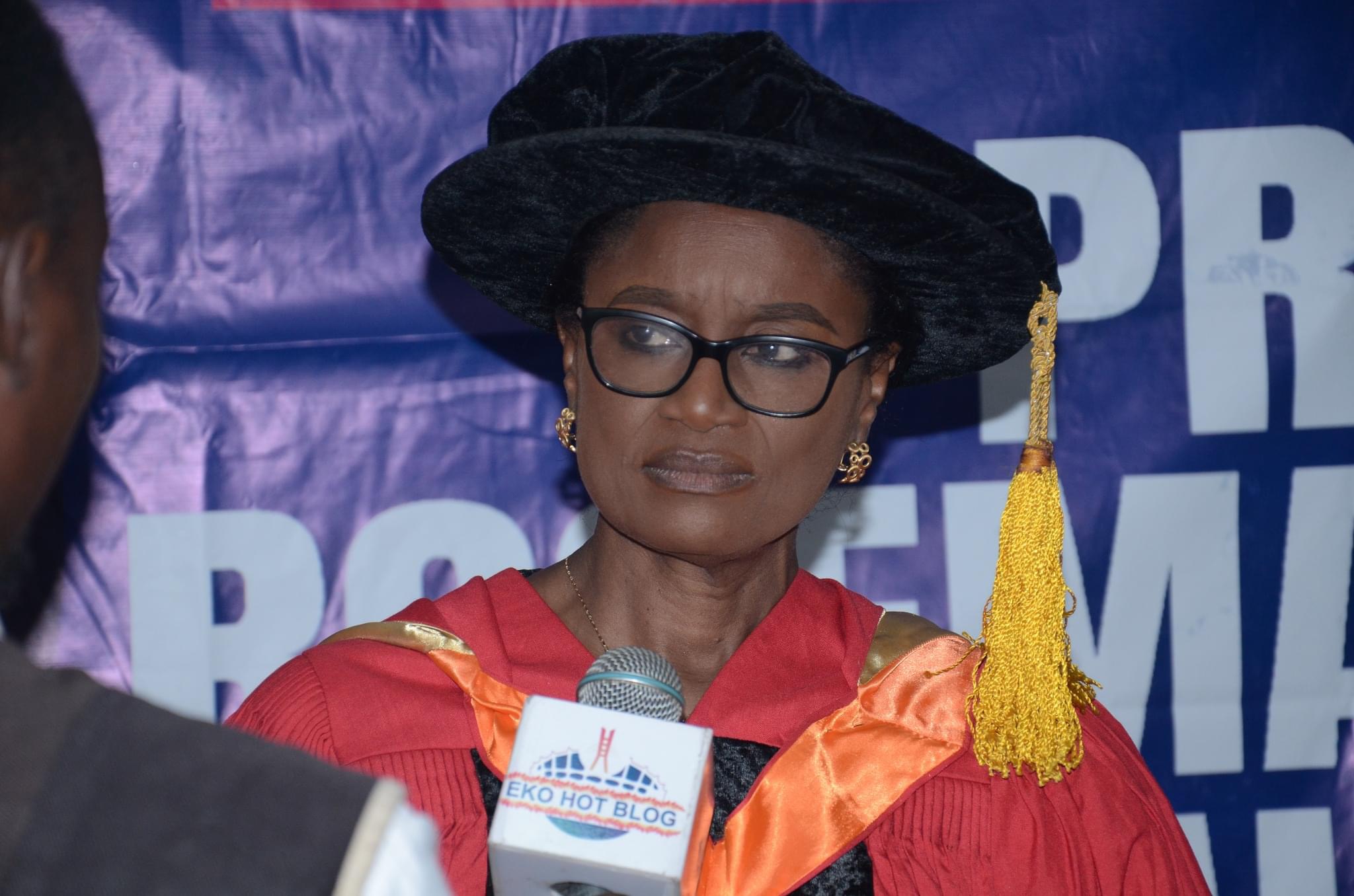Health
Impacts Of COVID-19 On Employment, Livelihood Of Nigerians — NBS survey

Despite the share of people in gainful employment rising substantially since the lifting of the COVID-19 lockdown in Nigeria, many Nigerians are yet to regain full employment even as the food security situation in the country has substantially worsened since the beginning of the pandemic, a survey by the National Bureau of Statistics, NBS, has revealed.
Worse still, there has not been any significant improvement in safety nets or other sources of income assistance from institutions and/or remittances since the beginning of the pandemic.
Read Also: BREAKING: Nigeria Records 643 New COVID-19 Cases, Four Deaths
These are among the findings of the 2nd round Nigeria COVID-19 National Longitudinal Phone Survey, COVID-19 NLPS, 2020, implemented by the NBS in June 2020 with support from the World. Bank.
The survey was conducted between June 2-16, 2020 among a sample of 1,950 households after some of the lockdown restrictions on movement had been lifted, to monitor the economic impact of the pandemic and other shocks on the country.
According to the survey, between April/May and June, the share of respondents who were working increased in both urban and rural areas, but the loss of work since the start of the outbreak continues to be larger for urban dwellers.
“While around 75 percent of rural respondents were working in June, 64 percent of urban respondents were working.
Nevertheless, the recovery in the share of respondents who were working has been more pronounced in urban areas, although, in part, this is because the initial drop in the share of respondents who were working was larger for urban dwellers,” the report stated.
Noting that the share of people working has risen substantially since the beginning of May 2020, the survey observed: “In April/May 2020, just 43 percent of respondents reported that they were working, meaning that about half of those respondents who were working before the start of the COVID-19 outbreak had stopped working.
“Yet, in June 2020, around 71 per cent of respondents reported that they were working, indicating that the share of respondents working recovered substantially as the lockdown restrictions were eased in May.
Nevertheless, the share of respondents who were working in June was still lower than prior to the outbreak, indicating that the pandemic continues to limit individuals’ work opportunities.”
According to the survey, the commerce and services sectors – those hardest hit by the COVID-19 crisis – experienced among the largest recoveries in the share of respondents who were working, while many of those returning to work engaged in agriculture.
Of the 57 per cent of respondents who were not working in April/May, a little under 60 percent had returned to work by June, while around 40 percent were still not working.
Many of those returning to work (23 per cent of those who were not working in April/May) started or resumed work in the agricultural sector.
Yet relatively large shares of respondents who were not working in April/May reported working in commerce (17 per cent) and services (15 per cent) in June.
On the issue of food security and safety nets, the NBS survey revealed that the food security situation in Nigeria has substantially worsened since the start of the COVID-19 pandemic.
According to the survey, about 30 percent of households interviewed in June experienced severe food insecurity due to a lack of money or other resources.
The incidence of severe food insecurity in June 2020 was nearly three times higher than in July/August 2018 and nearly six times higher than in January/February 2019.
Moreover, 77 percent of households interviewed in June reported moderate or severe food insecurity.
There has not been any significant improvement in safety nets or other sources of income assistance from institutions and/or remittances.
In June, there was virtually no change in the provision of safety nets; 13 per cent of households received food assistance, while 2 per cent of households reported having received a direct cash transfer.
Informal mechanisms of support from friends and family seem to be affected by the share of households receiving remittances from within Nigeria decreasing from 22 percent in April/May to 18 percent in June.
Advertise or Publish a Story on EkoHot Blog:
Kindly contact us at [email protected]. Breaking stories should be sent to the above email and substantiated with pictorial evidence.
Citizen journalists will receive a token as data incentive.
Call or Whatsapp: 0803 561 7233, 0703 414 5611














